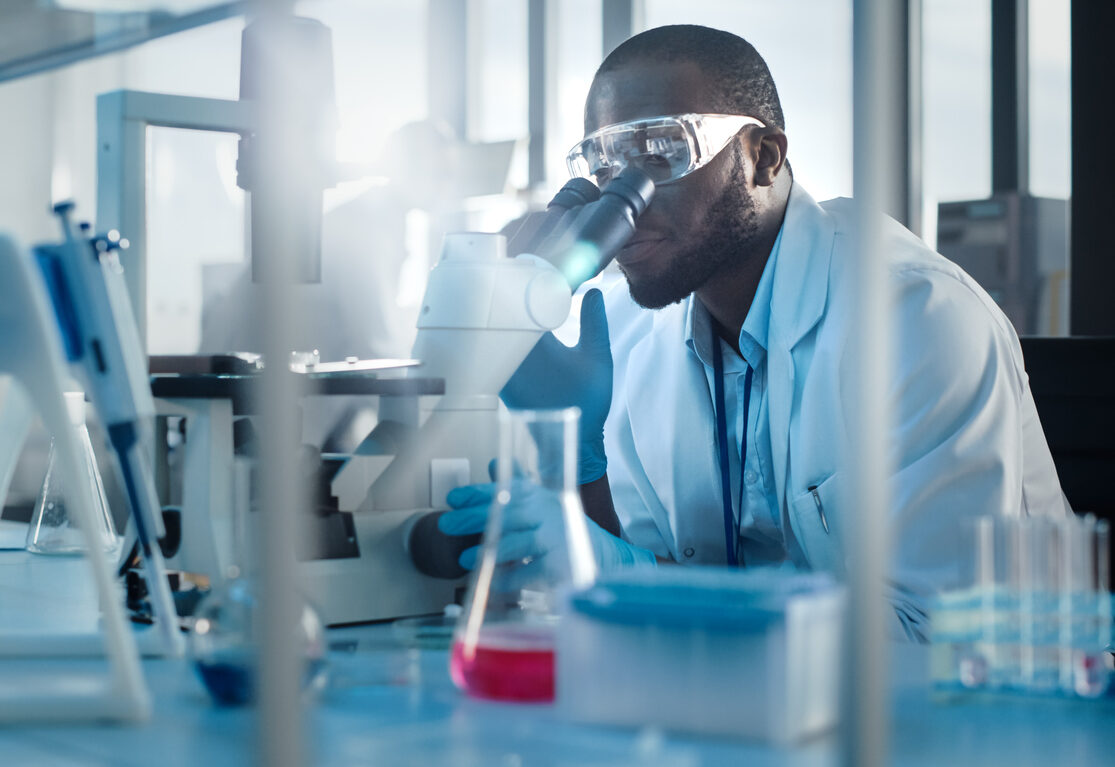Blog
Page 5
Types of Induced Cell Death
Updated on May 14, 2025 Share
During a potential infection, the immune system relies on accurate and robust cellular activation and expansion. The massive release of activated effector cells can lead to major inflammation. Although this inflammation is necessary to quell the potential infection, the immune system provides safeguards against uncontrolled inflammation to protect the host from damage. The immune system implements checkpoints and controls to manage the number of active T cells and inflammation during …
T Cell Transduction
Updated on May 19, 2025 Share
What Is T Cell Transduction? The recent development of adoptive cell therapies that specifically and effectively target cancer cells has transformed the field of oncology and the pharmaceutical industry. Early treatments focus on the autologous transfer of a patient’s own cells that have been modified to target their cancer, but newer allogeneic therapies, the transfer of modified cells from a healthy donor, have significant benefits. Modified cells are more readily …
Peripheral Whole Blood
Updated on May 16, 2025 Share
Peripheral blood circulates within the human body carrying nutrients, chemical messengers, water, and a wide variety of cell types. An array of bone marrow-derived hematopoietic cells – white blood cells and red blood cells – distribute into all areas of the body to defend against invaders and carry oxygen, respectively The most common clinical use for whole blood involves trauma or serious injury in which the patient has lost significant …
Importance of Cell Markers in Cell Separation
Updated on May 17, 2025 Share
Cell separation is an integral step in various research areas including, but not limited to, immunology, cell therapy, and single cell sequencing. The isolation of a specific cell population allows the behaviors of the individual cell type to be studied without interference from other cells. The cellular isolation strategy varies depending on the cell subset of interest. Deciding on an isolation strategy is also dependent on the sample matrix. Cell …
Human B Cell Isolation: Protocol and Purpose
Updated on May 14, 2025 Share
B cells and T cells share a common goal: to protect the human body from harmful pathogens. While some cell subsets are more commonly known than others, each cell type is essential to maintaining health. For example, B cells are commonly known, but what some may not realize is their function is to make antibodies, regulatory proteins, and cytokines to aid lesser known effector T cells. To fully understand the …
Self-Antigens vs. Non-Self Antigens: Examples & Cluster of Differentiation Markers
Updated on May 16, 2025 Share
Antigens are molecules present on the surface of cells that bind to receptors on antibodies or on the surface of lymphocytes. Antigens are classified based on where they originate, and the immune system discriminates between native and foreign antigens in order to fight against pathogens. Immunology research utilizes the binding properties of antigens with antibodies in order to detect, track, and isolate specific cell populations within blood samples. Self vs …
Achieve Gentle Mouse Naïve Cell Isolation Using Akadeum’s Microbubble Naïve Mouse Kits
Updated on May 17, 2025 Share
In working with biological samples for life science research, sample preparation is a critical first step to isolate the specific cells of interest from a complex mixture. This is especially true when looking to isolate rare cells of low abundance, and it is critically important when working with delicate cell types that the sample preparation method used for cell isolation is exceptionally gentle so that it does not interfere with …
How Does RBC Depletion Work?
Updated on Apr 7, 2025 Share
Sample preparation is often a critical first step in any number of life science workflows. Due to the inherent complexity within samples and diversity between applications, sample preparation needs can vary widely. One common first step is a “cleanup” step to deplete residual red blood cells (RBCs) from the sample before proceeding with downstream analysis. Once the RBCs have been depleted, the resulting blood product can be used across many …
High Throughput Human T Cell Enrichment for Immunological Research
Updated on May 19, 2025 Share
High Throughput Human T Cell Enrichment The field of immunological research is continuously expanding. More and more things are being discovered on a cellular and molecular level. Cell separation and enrichment has become an integral part of studying our immune cell behaviors. One of the most significant challenges in the research community has been finding a high throughput T cell enrichment method that can be used to isolate high volumes …
Gentle Mouse B Cell Enrichment: Strategies for Preserving Fragile Mouse B Cells
Updated on May 19, 2025 Share
Mouse B Cell Enrichment: How to Culture Isolated Mouse B Cells The primary function of B cells is antibody production. They are called B cells because they mature in the bone marrow, while T cells mature in the thymus. Receptors on the surface of a B cell bind to foreign antigens and develop antibodies that suppress that specific pathogen. Understanding more about how B cells work can provide insight into …



